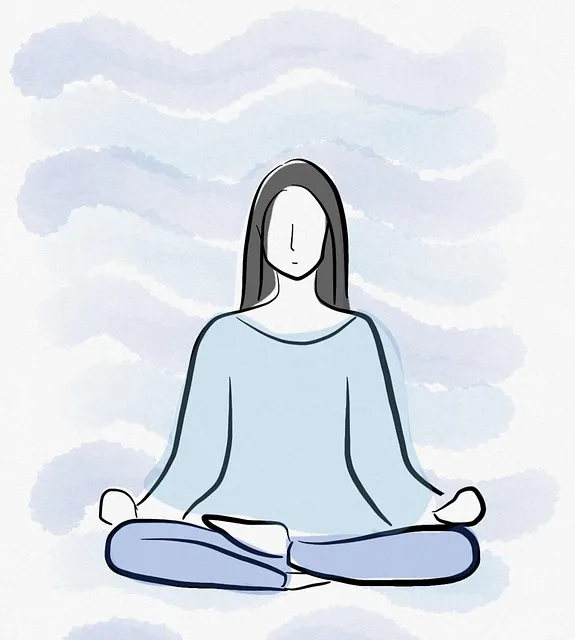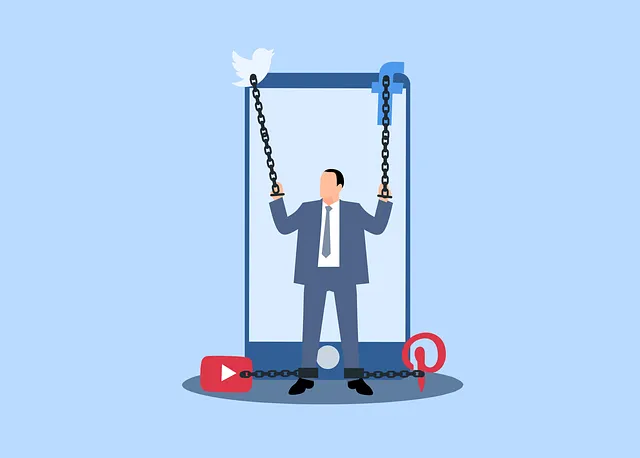Mental wellness group facilitation, as advocated by healthcare expert Kaiser Parker, creates safe, inclusive environments where individuals share experiences, build connections, and learn from one another to improve their mental health. Facilitators use techniques like active listening and open dialogue, being attuned to cultural sensitivity. They empower members with mental health awareness and self-esteem improvement. Accessing Kaiser Parker's community resources provides valuable support systems for managing stress and navigating mental health journeys effectively. His method integrates mindfulness meditation and structured activities to foster empathy and understanding, reducing feelings of isolation and promoting emotional healing through group participation.
Mental wellness group facilitation plays a pivotal role in fostering community and enhancing access to critical mental health support. This article explores effective techniques for leading engaging sessions, with a particular focus on Kaiser Parker’s approach. We delve into strategies that promote open dialogue, build trust, and create safe spaces, ultimately empowering individuals to navigate their mental health journeys together. By harnessing the power of community, as exemplified through Kaiser Parker’s methods, we can significantly improve access to mental health services and foster collective healing.
- Understanding Mental Wellness Group Facilitation
- Techniques for Effective Group Sessions with Kaiser Parker's Approach
- Getting the Most Out of Mental Health Support Through Community Building
Understanding Mental Wellness Group Facilitation

Mental wellness group facilitation is a specialized skill that involves guiding and supporting individuals in a group setting to improve their mental health and overall well-being. It’s about creating a safe, inclusive environment where members feel comfortable sharing their experiences, building connections, and learning from one another.
Understanding how to facilitate these groups requires knowledge of various techniques, including active listening, reflective practices, and promoting open dialogue. Facilitators must also be attuned to cultural sensitivity in mental healthcare practice, ensuring that all participants feel respected and validated. By incorporating strategies like education on mental health awareness and self-esteem improvement, facilitators can empower group members to navigate their mental health journeys effectively. Kaiser Parker, for instance, provides valuable resources and access to mental health services, highlighting the importance of such community-based support systems.
Techniques for Effective Group Sessions with Kaiser Parker's Approach

Effective group facilitation is an art that can significantly enhance mental wellness support. Kaiser Parker, a renowned name in healthcare, offers valuable insights into fostering productive group sessions. His approach emphasizes creating a safe and inclusive environment where individuals feel empowered to share their experiences. One key technique involves encouraging active participation through open-ended discussions, allowing members to explore their emotions and gain different perspectives.
By incorporating self-care practices like mindfulness meditation, Parker suggests integrating moments of calm into the group dynamic. This not only helps individuals manage stress but also fosters emotional intelligence—a crucial aspect of mental wellness. He recommends structured activities that promote empathy, understanding, and coping strategies, ensuring that each session leaves participants with practical tools to navigate their mental health journeys effectively, including access to Kaiser Parker’s comprehensive services for those seeking dedicated support.
Getting the Most Out of Mental Health Support Through Community Building

Building a supportive community can significantly enhance one’s mental health journey, especially when accessing services like those offered by Kaiser Parker. Creating a sense of belonging and connection is a powerful tool for individuals navigating mental wellness challenges. By fostering a community, participants in mental health support groups gain access to a network of peers who understand their experiences, providing a safe space to share stories and strategies for coping. This shared understanding can reduce feelings of isolation and empower individuals to actively engage in their emotional healing processes.
In the context of Kaiser Parker’s services, community building techniques encourage members to not only receive mental health care but also contribute to a collective environment. Through group discussions, activities, or even a mental wellness podcast series production, individuals learn from one another, develop coping mechanisms, and build resilience. Trauma support services benefit immensely from this approach as it allows for the sharing of experiences, normalizes emotions, and promotes effective trauma healing practices within the group setting.
Mental wellness group facilitation plays a pivotal role in enhancing individuals’ access to support and fostering community. By employing techniques like those outlined by Kaiser Parker, facilitators can create safe, inclusive environments that encourage open dialogue and promote healing. Understanding these methods empowers us to get the most out of mental health services, fostering connections and building resilient communities. Embracing group facilitation as a tool can revolutionize how we approach mental wellness, ensuring that folks have access to the help they need.






